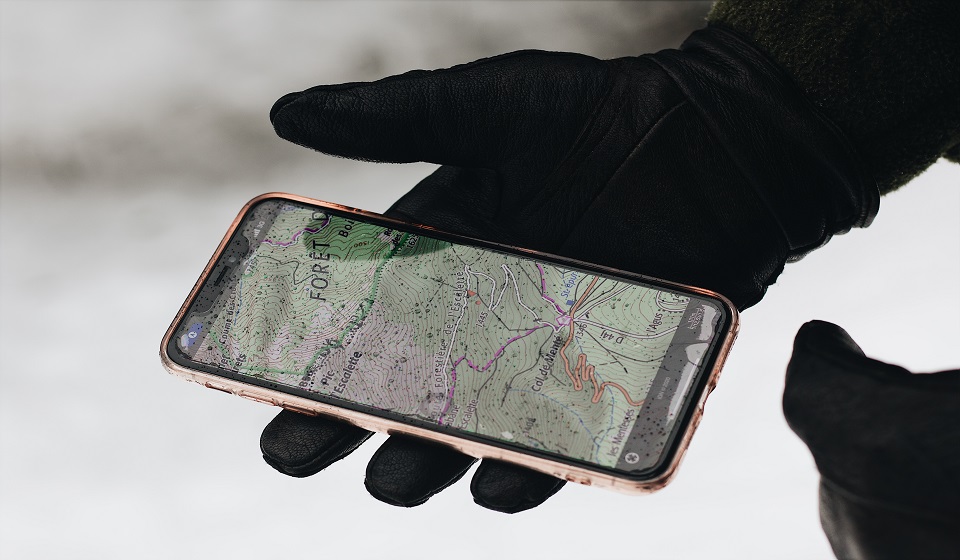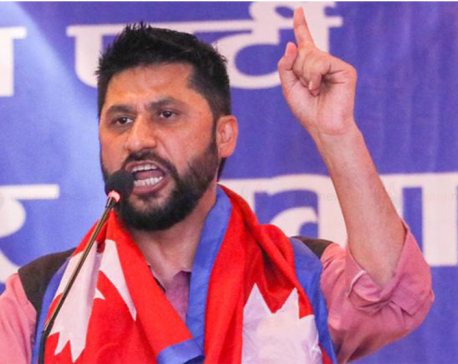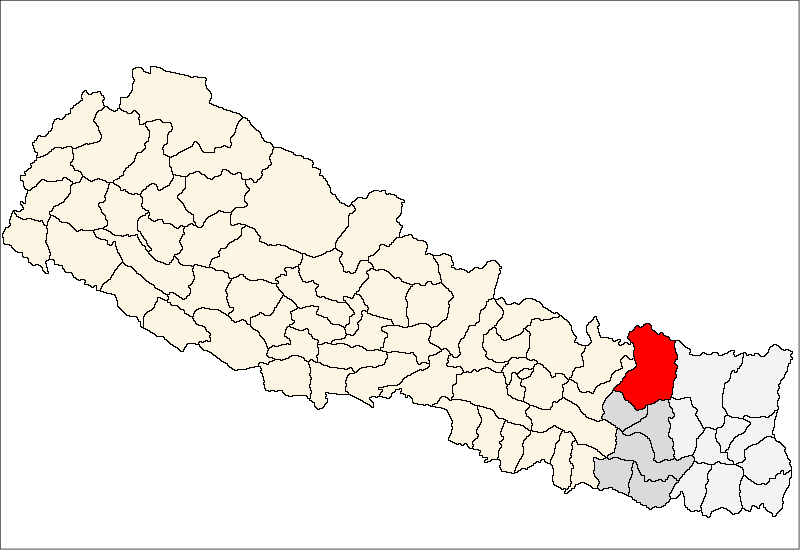
OR
Editorial
Govt's undemocratic move to breach rights to privacy
Published On: March 23, 2023 07:30 AM NPT By: Republica | @RepublicaNepal

The preparation of the government to allow the recording of personal conversations on mobile phones is a serious violation of individual rights and against the norms and values of a democratic society. The government's justification to tap personal phones under the pretext of national security is not acceptable in a democracy, as it violates the fundamental rights of citizens, including the right to privacy. The draft bill prepared by the Ministry of Communication and Information Technology (MoCIT) for an amendment to the Telecommunications Act has provisions that allow direct access to the systems of service providers and the recording of conversations without the need for a court order. This violates the constitutional rights of citizens and opens the door to potential abuse by government officials. The government must withdraw the controversial provision before it becomes a formal law.
It is important to understand that lawful interception is a strictly controlled practice in many countries, particularly in liberal democracies, in order to protect people’s rights to privacy. Telephone tapping requires authorization from a court and is typically only approved when less intrusive methods of detecting criminal or subversive activity are not possible. Additionally, in many jurisdictions, the crime being investigated must meet a certain severity threshold. Unauthorized telephone tapping is usually considered a criminal offense, and in some countries, like Germany and France, illegally recorded phone calls may be admissible as evidence in court, but the individual who is involved in the unauthorized tapping may still face prosecution. Since the draft law being formulated by the MoCIT does not specifically mention anything about it, there is a significant risk of misuse of such provisions.This may eventually slide the country toward a police state.
The government's justification for these provisions is to combat activities contrary to the sovereignty, integrity, and national interest of Nepal, including treason, crime or organized crime. However, the lack of transparency and accountability in the implementation of these provisions raises serious concerns about the government's true intentions. In a democratic society, the right to privacy is a fundamental human right that must be protected at all costs. The ability to communicate freely and privately is essential for the exercise of individual rights, such as constitutionally guaranteed freedom of expression and freedom of association. The government's proposed measures to monitor and record personal conversations on mobile phones threaten these rights and are a serious threat to democracy. Furthermore, the draft bill includes other controversial provisions that allow for the disconnection of phone or communication connections, which could have serious consequences for individuals and society as a whole. Disrupting communication networks and limiting access to information is a tactic used by authoritarian regimes to control and suppress dissent. The government's attempt to introduce similar measures is deeply concerning and must be resisted as this will put our democratic system of governance itself under question.
Not surprisingly, the government's actions have been met with widespread opposition from political parties, human rights activists, and civil society. One of the vocal critics of this controversial plan is an influential leader of Nepali Congress (NC) Dr. Shekhar Koirala. He has rightly pointed out that personal phone tapping is not acceptable in a democracy. The government's intentions have been called into question, and concerns have been raised about the potential abuse of power and violation of fundamental rights. It is therefore essential that political parties, human rights workers, civil society, and the media fraternity pay close attention to these activities that are connected with national security. The government's attempts to introduce measures that undermine individual rights and threaten democracy must be resisted, and pressure must be brought to bear on the government to ensure that the fundamental rights of citizens are protected. All stakeholders must understand that the government's preparation to allow the recording of personal conversations on mobile phones is a serious violation of individual rights and against the norms and values of a democratic society. The right to privacy is a fundamental human right that must be protected at all costs, and any attempt to undermine this right is a threat to democracy. The government must listen to the concerns of citizens, political parties, human rights activists, and civil society and abandon these measures that threaten individual rights and democracy.
You May Like This

RSP will supports govt if it carries out pro-people activities: Rabi Lamichhane
BHAKTAPUR, May 14: Chairperson of Rastriya Swatantra Party (RSP), Rabi Lamichhane, has said his party would support the government if... Read More...

Tapping surplus electricity for prosperity
Nepal's electricity production has reached a milestone of 2,689.83 MW, and the capacity is expected to cross 2,800 MW by... Read More...




Just In
- NEA Provincial Office initiates contract termination process with six companies
- Nepal's ready-made garment exports soar to over 9 billion rupees
- Vote count update: UML candidate continues to maintain lead in Bajhang
- Govt to provide up to Rs 500,000 for building houses affected by natural calamities
- China announces implementation of free visa for Nepali citizens
- NEPSE gains 14.33 points, while daily turnover inclines to Rs 2.68 billion
- Tourists suffer after flight disruption due to adverse weather in Solukhumbu district
- Vote count update: NC maintains lead in Ilam-2













Leave A Comment